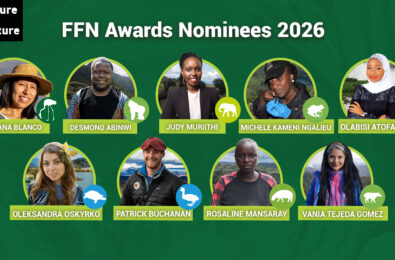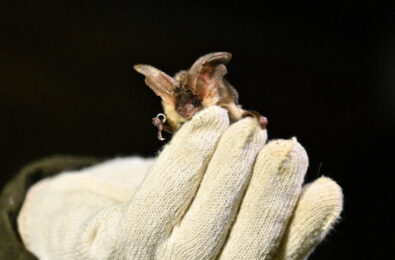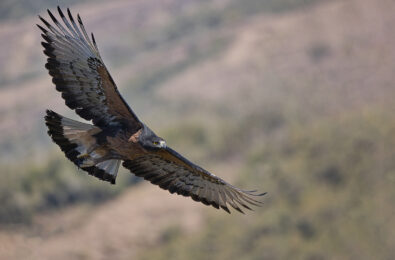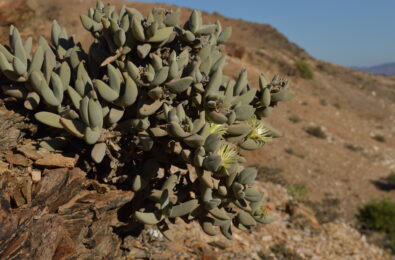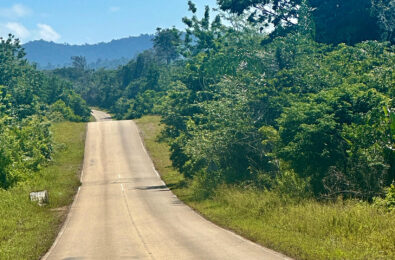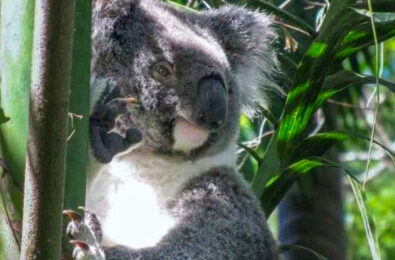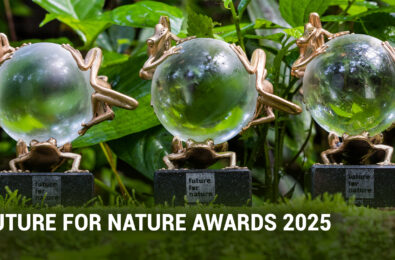Funding Freeze by U.S. administration Jeopardizes Years of Conservation Progress and Threatens Global Biodiversity
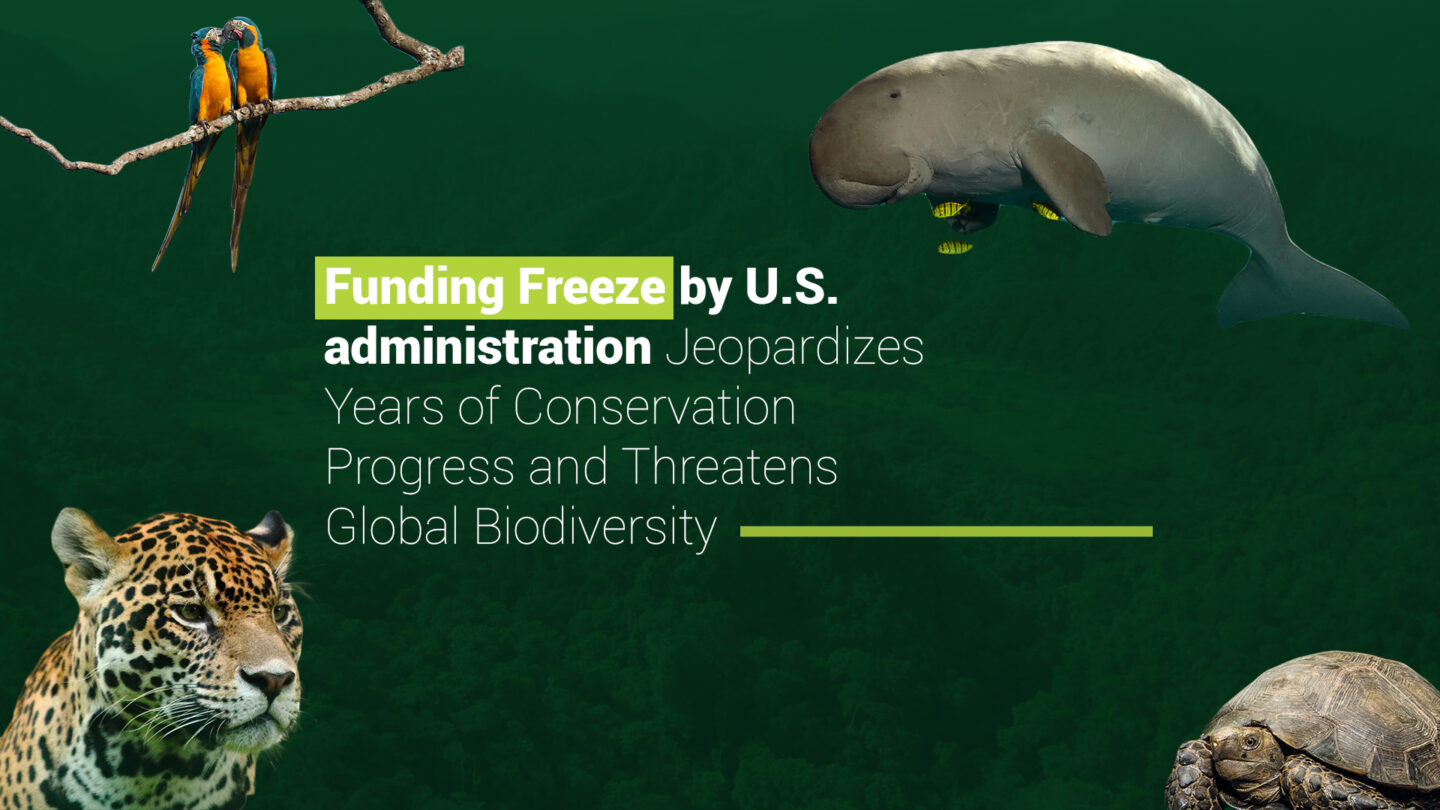
The abrupt decision by the U.S. government to freeze United States Agency for International Development (USAID) funding has sent shockwaves through the conservation community worldwide, stalling critical projects, undermining years of hard-won progress, and putting endangered species and ecosystems at risk. Future For Nature, representing 51 award-winning conservationists across 33 countries, calls on the global community to recognize the devastating consequences of this decision and urges new funding commitments to prevent irreparable setbacks.
Global impact on biodiversity protection
From Ecuador to Australia, conservationists report that essential initiatives to protect endangered species, combat illegal wildlife trade, and support local communities have been brought to a halt. The consequences are immediate and severe. In Panama, critical funding for tackling the illegal wildlife trade of hawksbill turtle shells has abruptly shut, threatening the survival of this already endangered species. In Vietnam and Bangladesh, staff has been fired with immediate effect, leaving the project impaired and sending a message of despair among the community, leaving them at risk of picking up harmful activities to nature that the project replaced by its presence. In Papua New Guinea, one of the few large-scale conservation programs in the country has been abruptly shut down, leaving local staff unemployed and derailing efforts to combat deforestation.
Similarly, the project conserving the Puerto Rican sharp-shinned hawk, is at risk of loosing 80% of its funding if the current trend of freezing funds continues in other US government departments. This would place the vulnerable population – currently estimated at only 70 animals – at severe risk.
Comparable disruptions are occurring in Bolivia, Indonesia, Colombia, Surinam, and the Philippines, affecting keystone species like the Guiana black spider monkey, Asian giant tortoise, songbirds, Bengal tigers, blue-throated macaw, tenkile (tree kangaroo), jaguar, and numerous other species vital for ecosystems to function.
Cascading effect of uncertainty
The uncertainty surrounding USAID funding is not just disrupting individual projects; it is eroding trust between conservation organizations and local communities. Many of these projects have spent years building relationships with local partners and governments, fostering cooperation to safeguard biodiversity. This sudden funding freeze sends a dangerous message that such efforts can be abruptly abandoned, weakening long-term conservation commitments and disincentivizing collaboration.
“This decision is a direct attack on global biodiversity,” said dr. Rascha Nuijten, a representative of Future For Nature. “These projects are not just numbers on a spreadsheet; they represent real, on-the-ground work to protect species, support livelihoods, and sustain ecosystems. With funding frozen, years of progress are unravelling overnight.”
The need to diversify conservation funding
Beyond the immediate crisis, this situation exposes the precarious nature of conservation funding. A disproportionate reliance on a single funding source, such as USAID, leaves critical initiatives vulnerable to political shifts. “Diversification is key in funding conservation, and our critical work should not depend so heavily on one single source. This is a opportune time for the concerned people of the world, for governments and businesses alike to finally step up and face the biodiversity crisis as a whole society”, said dr. José Gonzalez Maya, Future For Nature laureate and leader of one of the affected projects. It is imperative that governments, philanthropists, and private-sector leaders recognize the urgency of diversifying financial support for conservation. The USAID crisis must serve as a wake-up call for the global community to take greater responsibility in safeguarding our planet’s biodiversity.
Call to action: governments, business leaders, philanthropists
Future For Nature urges governments to step up their commitments and create more balanced, resilient funding mechanisms for conservation. Wealthy individuals and private foundations must also recognize their role in addressing the biodiversity crisis.
Despite these challenges, conservationists remain steadfast in their commitment to protecting our planet. But they cannot do it alone. The global community must act now to ensure that decades of conservation progress are not lost, and that the future of nature remains secure.






